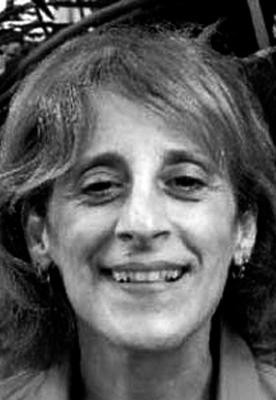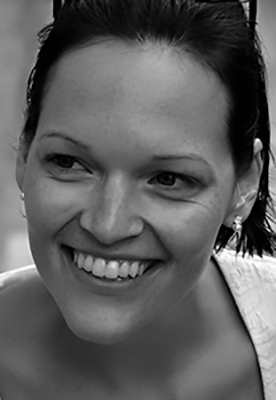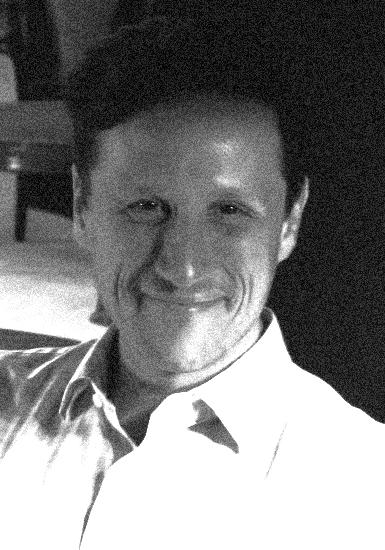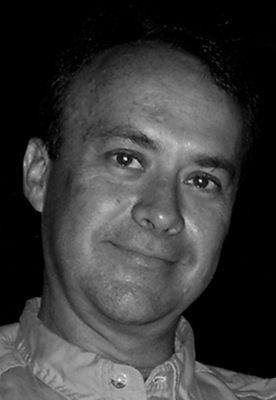31. Not Your Uncle’s Language Class
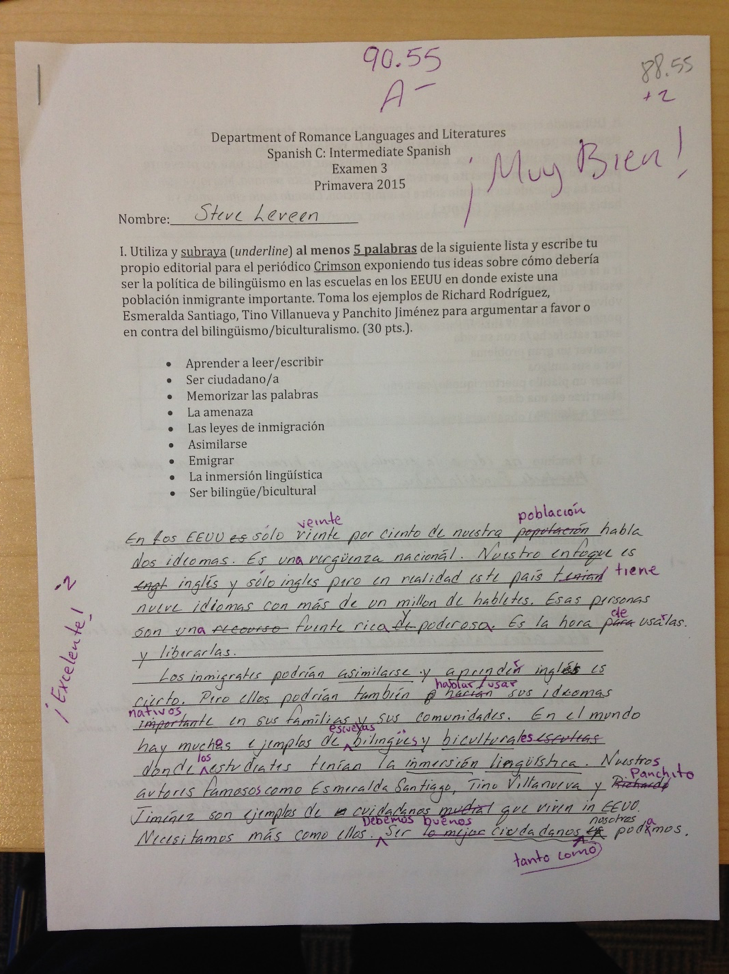
Steve Leveen’s Spanish test
What older generations may remember from their language classes—drills of verb conjugations, constant corrections of grammar and sentence structure—is not what they’ll find in many global-language classes today.
What we’ll hear in “Not Your Uncle’s Language Class,” Episode 31 of the America the Bilingual podcast, may shock many of us old-schoolers:
Global-language teachers are no longer looking for perfection from their students!
A new and not-so-perfect order
At the 2017 national conference of the American Council on the Teaching of Foreign Languages, Steve talked with nine educators about this noteworthy change in teaching methods. (Check out their photos and credentials below to know who’s who.)
Here’s how the conversation went:
“People that have to be perfect are less likely to say something—because they might not be perfect,” Aviva pointed out. But if students no longer have to be perfect in their pluperfects and present perfects, what is the focus now in language classrooms?
“Proficiency is the main goal,” Desa explained. “It means that grammar takes a different role. It’s not that you don’t want to be correct when you speak. But that’s not the major concern. The major concern is that you be able to communicate with someone else.”
Proficiency, then, has replaced perfection. Put another way: “You are teaching things for a purpose in the real world,” said Laura.
Susan provided this example:
“I want you as my student to be able to go to the pharmacy and get what you need in Mexico. Even if you don’t know the name of what you need, you can talk about the desired impact of that medication.”
STEM-worthy
Educators are already seeing a positive outcome from this new focus.
“When we taught in more traditional manners, people felt like they couldn’t do it, like they were too dumb to do language, and that gave them a negative feeling about languages in general,” said Carrie. “But as we’re graduating more and more students who have positive feelings about language, I think it’s just going to make the bilingual schools explode.”
America the Bilingual has filed a couple reports on bilingual, or dual-language, schools in previous podcasts, so we were encouraged to hear that even more infrastructure is in the works to support them. Any subject can be taught in a dual language school—including the STEM subjects that concern so many educators and parents.
In fact, Lisa would argue that global languages are a component of STEM. “Languages are that T [in the STEM acronym]. We are a technical skill. So we’re part of STEM,” she maintains. “You’ve got to have that skill in language to be able to go forward and use it in different applications.”
From communication comes cultural understanding
The proficiency-over-perfection approach helps students take the language with them after they leave their classes.
“Communication makes it real and authentic to the students,” Toni said. “They feel like this is a purpose and they can use it outside of the classroom. In the 21st century, that’s essential.”
And it goes beyond simply communicating effectively, as important as that is.
“We [Americans] want to be a player on the world stage. We want to be able to not just communicate but understand different cultures,” said Bill. “Learning a language is more than just communicating in the language. It’s also learning about the cultures, the traditions of people. That’s how you learn to work with people and deal with people around the world.”
Better language classes will lead to a more bilingual America, as more proficient language students graduate, and they, in turn, create a virtuous cycle of bilingualism.
“I tell teachers all the time: every time a student leaves your classroom, they’re leaving with the understanding of what language learning is supposed to be like,” said Thomas. “And those students become department chairs, principals, politicians.”
In other words: leaders who can help bring America into the world, and the world into America.
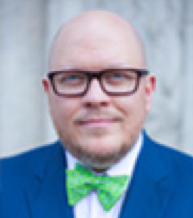
Bill Anderson
Board Member, ACTFL
Board Member, New England Council on the Teaching of Foreign Languages
Curriculum Associate for World Languages and ENL (English as a New Language)
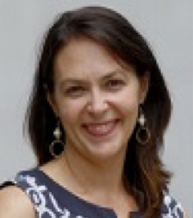
Susann Davis
Board Member, ACTFL
Spanish Instructor at Western Kentucky University
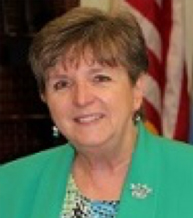
Desa Dawson
Past President, ACTFL
Director of World Languages, State of Oklahoma Education Department
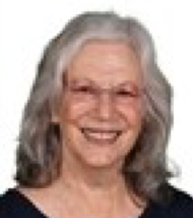
Aviva Kadosh
Teacher Mentor, Lainer School, Los Angeles, Calif.
Instructor of Hebrew

Lisa Lilley Ritter
President-Elect, ACTFL
Retired Spanish teacher, Springfield, Mo., Public Schools
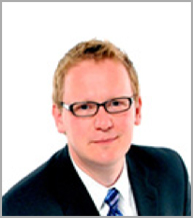
Thomas Sauer
Senior Associate for Professional Development, National Foreign Language Center
Former university-level German instructor and World Language Specialist for several school systems
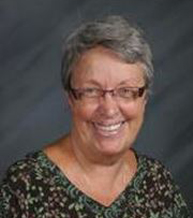
Toni Theisen
2013 President of ACTFL and 2009 ACTFL Teacher of the Year
World Languages Supervisor and Dual Language Immersion TOSA (Teacher on Special Assignment), Colorado
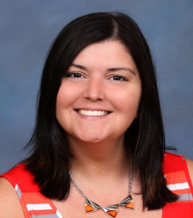
Carrie Toth
President, Illinois Council on the Teaching of Foreign Languages
Spanish teacher, Illinois
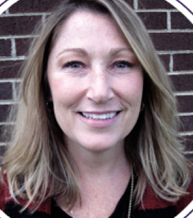
Laura Roché Youngworth
Board Member, Kentucky World Language Association
World Language Specialist, Fayette County, Ky., Public Schools
Host of KWLA Language Talk podcast
Hear Both Stories
Hear the full conversation about how language classes are changing in Episode 31 of the America the Bilingual podcast, “Not Your Uncle’s Language Class.”
And hear how one old-schooler—namely, Steve—went back to language class in 2015 and experienced much of what the educators he interviewed are describing. He also now knows what Reggaeton is (sort of).
Listen on iTunes by clicking here: America the Bilingual by Steve Leveen on iTunes. Or on SoundCloud here. Steve comments on Twitter as well.
Credits
The America the Bilingual podcast is part of the campaign of ACTFL—The American Council on the Teaching of Foreign Languages.
This episode was written by Mim Harrison, who also wrote these notes, and produced by Fernando Hernández, who does the sound design and mixing as well. The associate producer is Beckie Rankin. Graphic arts are created by Carlos Plaza Design Studio. Meet the team—including the America the Bilingual founder and visionary, Steve Leveen—here.
Support for the America the Bilingual project comes from the Levenger Foundation.
Music in this episode, “Quasi Motion” by Kevin MacLeod, was used with a Creative Commons Attribution License. Our thanks to Epidemic Sound for helping us make beautiful music together.

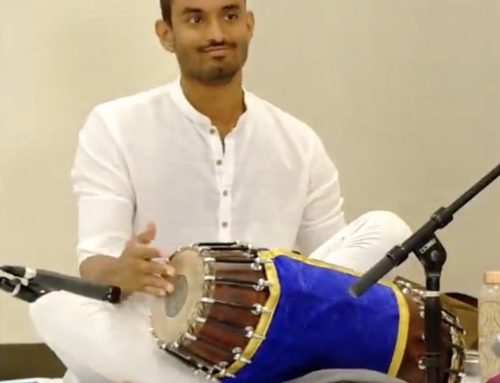

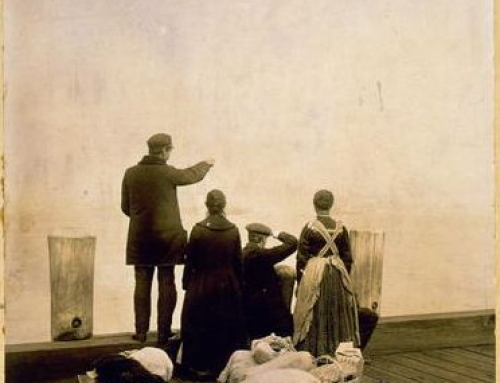

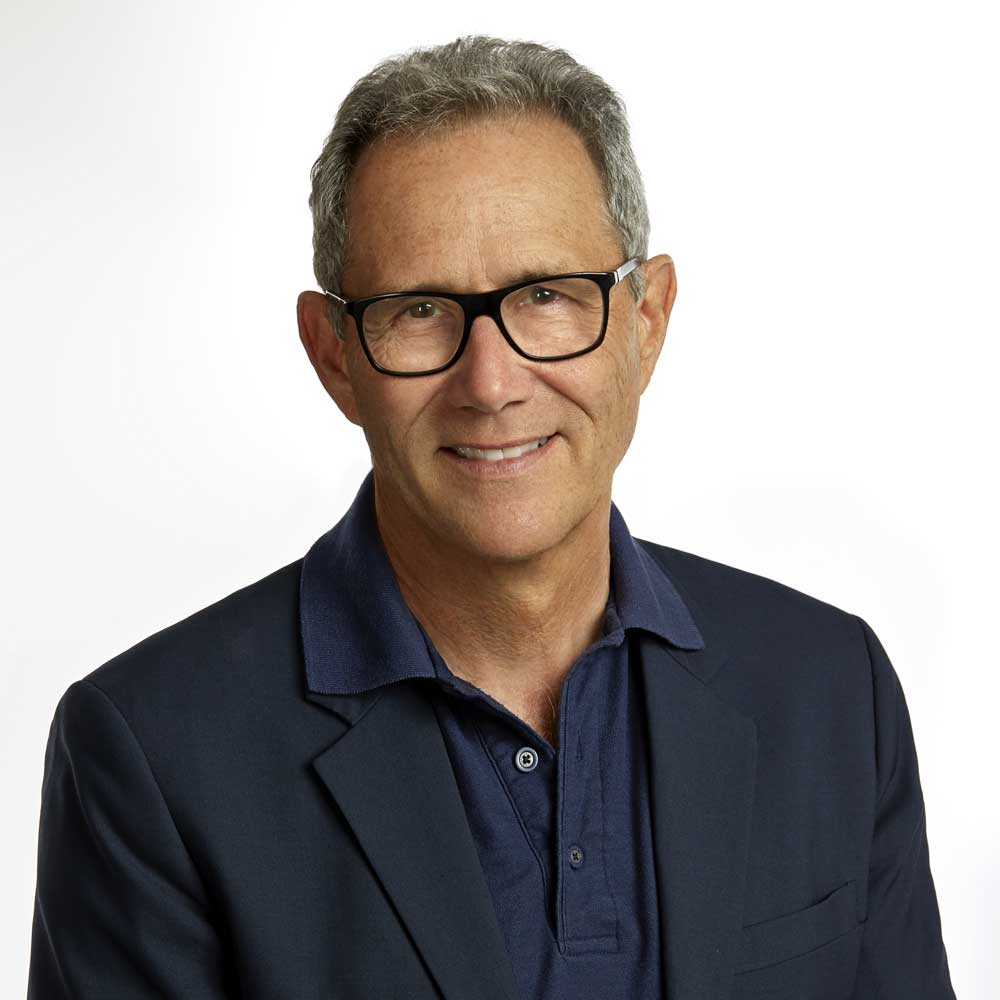 You can book Steve for many different audiences
You can book Steve for many different audiences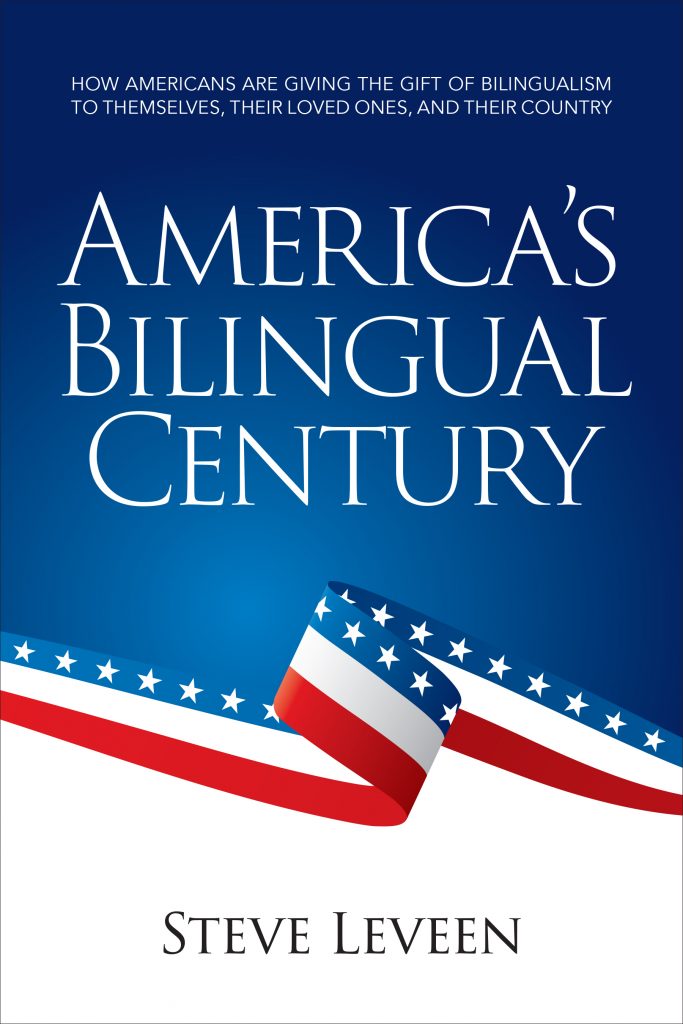
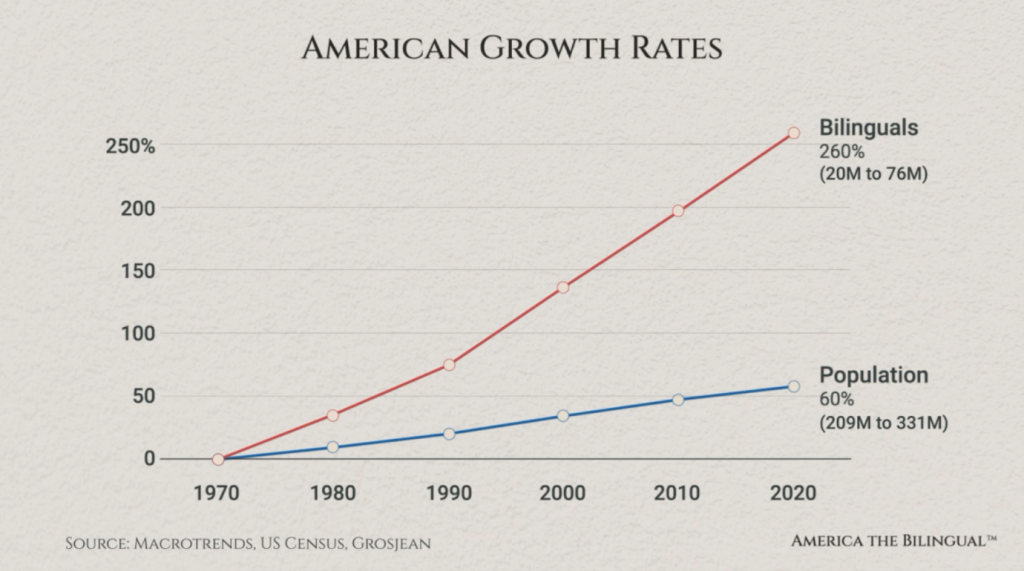
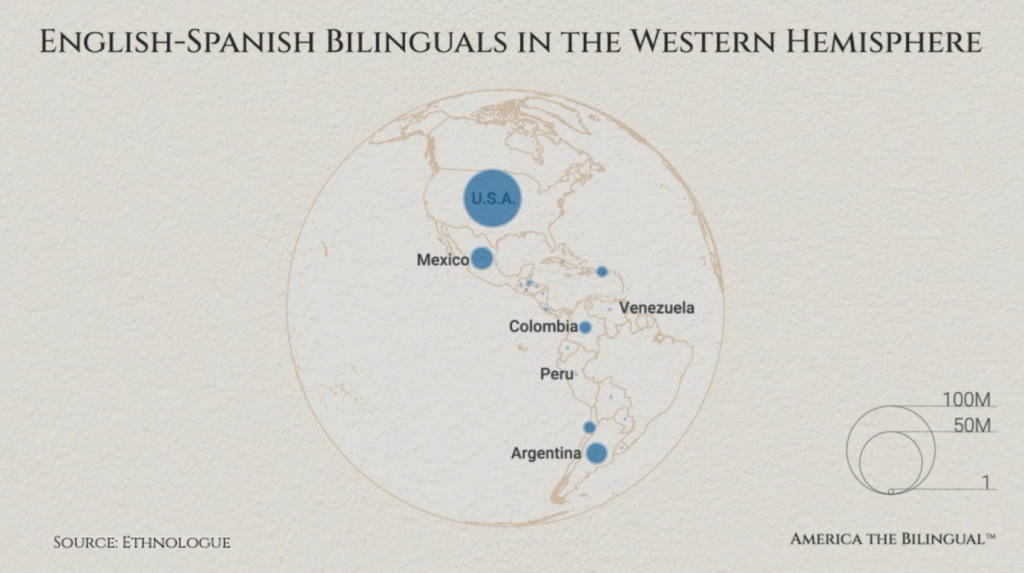


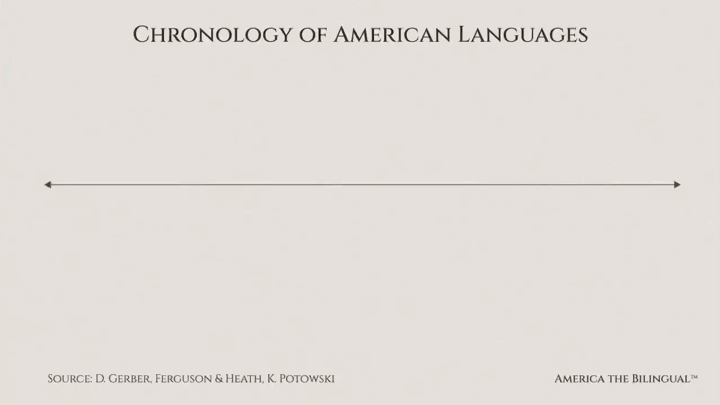


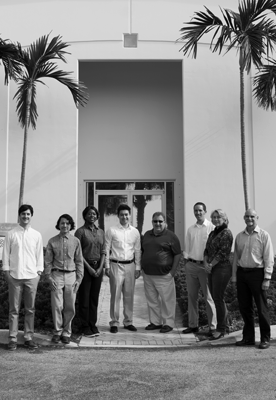
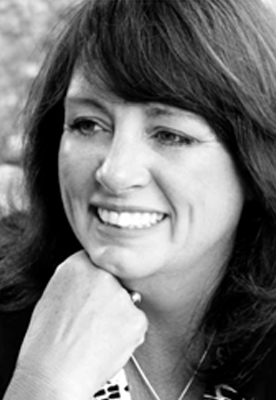 First, know that she has one of those glorious English accents (or what all of us who are not English would call an accent), which makes her a natural for the audio book narration that she does. Although U.S. born, Caroline grew up in England and studied literature at the University of Warwick (fyi for American ears: that second “w” is silent).
First, know that she has one of those glorious English accents (or what all of us who are not English would call an accent), which makes her a natural for the audio book narration that she does. Although U.S. born, Caroline grew up in England and studied literature at the University of Warwick (fyi for American ears: that second “w” is silent).
